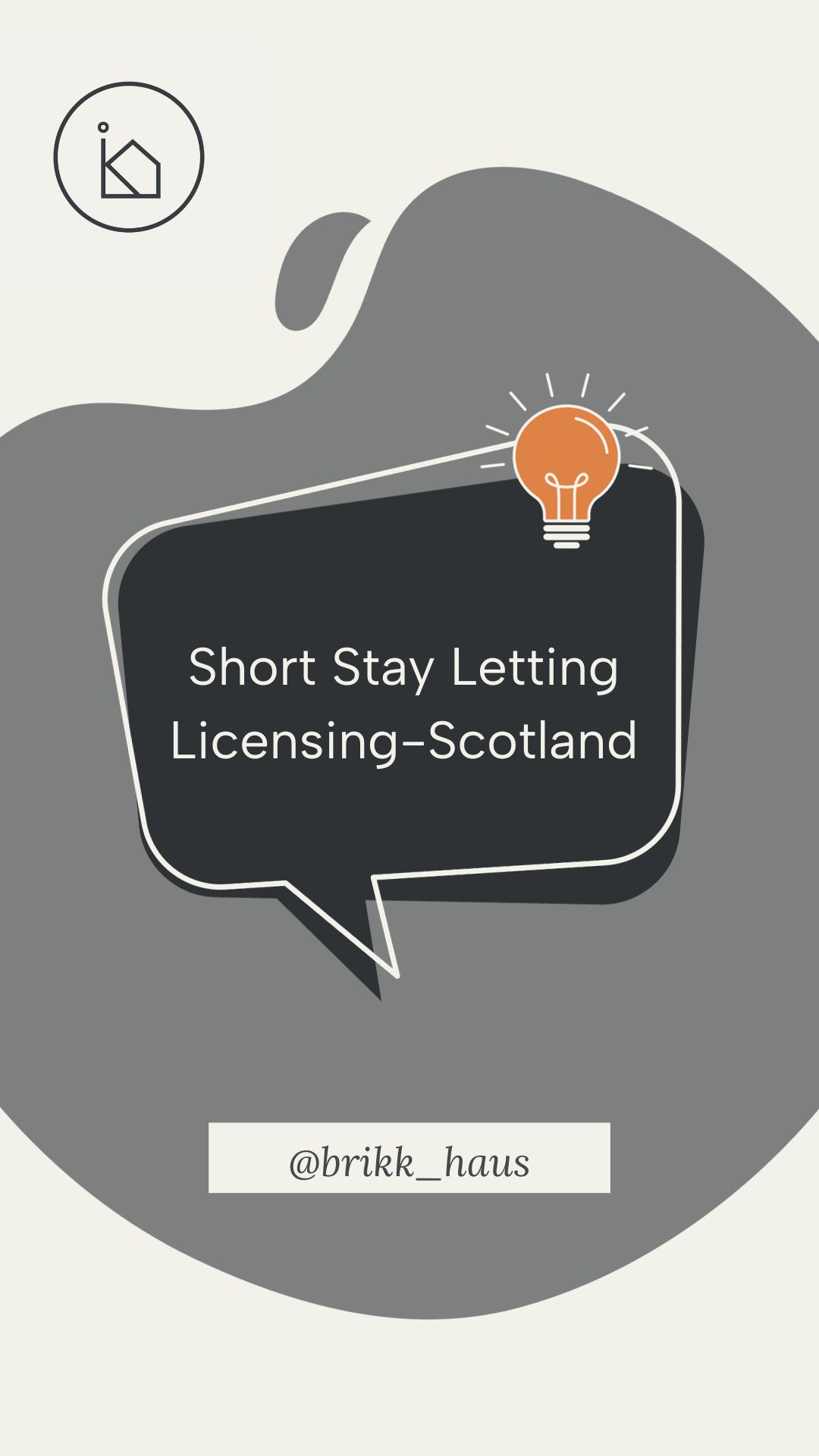As most Landlords will know, as of 1st October 2023, a significant change in the Scottish housing market took effect: the Short-Term Letting License.
This new legislation is aimed at regulating the booming short-term rental industry, ensuring safety, fair competition and balanced residential communities. However, many landlords and property owners found themselves in a frenzy of paperwork and expenses as they raced to comply with the new law.
One of the most significant challenges faced by property owners in Scotland was the sheer volume of paperwork associated with obtaining a Short-Term Letting License.
We assisted our short-term let owners during the process, and all of them found the overall process quite overwhelming. From compiling extensive paperwork, including property details, to safety certificates, fire risk assessments, and some owners even decided to seek legal advice! All very time consuming and a costly exercise.
Short term let homeowners who may have missed the October 1st deadline will face the consequences of unlicensed short-term letting, which could result in significant fines.
I do wonder how local authorities will effectively keep track of all the properties in their jurisdiction and ensure compliance!! I believe that finding an efficient and fair way to enforce these regulations is just as important as introducing them in the first place, and it will be interesting to see how it all unfolds in practice.
Obtaining a Short-Term Letting License was not cheap and application fees alone were a real financial burden! Depending on your local authority, these ranged from hundreds to thousands of pounds. The fire risk assessment, although a crucial part of the process in terms of safety, is a complex process and can also come with a significant cost.
I am cautiously optimistic about the new short-term let licensing regulations. I appreciate the government’s efforts to address issues related to short-term rentals, such as excessive noise and overcrowding and I do believe in regulation in sectors to allow measures that can potentially enhance the quality of life for permanent residents and maintain the character of local neighborhoods, however, I do have concerns about the potential impact on our tourism, and the economy.
I hope that the licensing system strikes a balance between addressing community concerns and supporting tourism, as short-term rentals have become a vital source of income for many homeowners. I believe open dialogue and careful implementation are key to ensuring the success of this legislation; Not something that currently appears to be happening at government level at present.
There doesn’t appear to be a fair and effective regulatory framework in place. Legislation appears to be signed off quicky with no consideration for the sector. Much like is happening in the PRT (Private Rental Sector) in Scotland; Inundated with an excess of government legislation which is negatively impacting both landlords and tenants. The increasingly stringent regulations and restrictions are making it challenging for landlords to provide quality housing, potentially affecting the availability and affordability of rental properties for tenants.
I’m hoping for a more balanced and well-informed approach from the government in addressing both short-term and long-term housing concerns, but, the outlook so far is far from positive,
For both short let owners and private residential landlords; here’s 3 bits of advice we’d recommend to help you during this time:
- Check out the Association of Scotland’s Self Caterers (ASSC). ASSC are the only trade association representing the self-catering sector in Scotland. A membership at a relatively modest fee brings a whole host of benefits, including representation and networking with a like-minded community.
- Speak to us – you have more options than you think. We are already helping lots of landlords navigate their way through these challenges. Moving from a short-term let to a long-term letting model might be something to consider
- Don’t want the faff and want to sell? We’ve got you covered. Give us a call or pop in to our office for a chat and we can help you decide on the best way forward.




